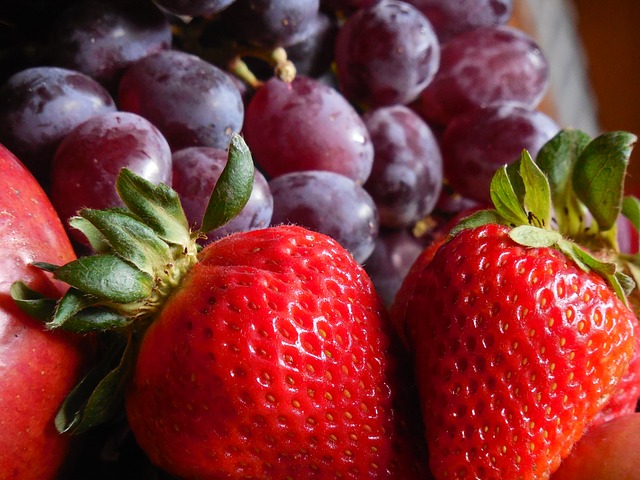Achieving a Balanced Diet for Elderly People
A healthy and balanced diet is incredibly important for elderly people. Eating properly can help reduce the risk of potential health problems, and a balanced diet simply leads to a better quality of life.
So how can you ensure good eating habits in the elderly?
Ensure They Eat a Balanced Diet
The first thing to ensure is that your elderly relative is eating a healthy balanced diet. But what should the meals contain? Here is a guide to some of the essentials:
- Try to use as many vegetables as you can in the meals, especially dark greens like broccoli and spinach. When measured two to three cups a day is a good amount to aim for, and add in as much variety as you can.
- Fruit is another essential that is a good source of fibre. Aim for one or two pieces a day, but more is fine, and eat whole fruits rather than juices.
- Grains are the best way to consume carbs, so opt for wholegrain bread, pasta and rice. About six to seven ounces a day is suitable for older people.
- Fibre is essential in the diet, and it helps to lower the risk of heart disease, diabetes, and stroke among other things. Digestion becomes less efficient as people get older, so aim for between 20 and 30 grams per day for women and men respectively. Fruits, vegetables, nuts and grains are all good sources of fibre.
- Protein is also essential, so try to include various sources of protein including eggs, fish, red meat, cheese and milk.
- Calcium is essential for bone health and it can help to prevent fractures and osteoporosis. 1,200 mg a day is recommended and you can get this through cheese, milk, almonds, broccoli and yogurt among other things.
- Lots of water. Elderly people can become dehydrated easily as they lose the ability to regularly fluid levels, and this can lead to urinary tract infections. Make sure they drink plenty of water throughout the day to keep them hydrated.
- Meals should be eaten regularly through the day because skipping meals slows down the metabolism. Ideally, start the day with a good breakfast that is high in fibre and protein.
Create a Schedule for the Week
You may want to prepare a menu for the week to make it easier to plan ahead. This could consist of different meals for each day of the week, both lunch and dinner, and then you can buy all of the ingredients in one shop.
Your elderly relative may be able to follow the recipes themselves, or you may want to prepare the meals in advance and freeze them so they just need to be reheated. Alternatively, if you are the main carer, you may be around to cook the meals yourself, so it really depends on your circumstances.
Consider a Food Delivery Service
If your elderly relative has difficulty preparing meals, and you are not around every day to help them prepare meals, you may want to consider a food delivery service partnered with a home care visit. There are many services to choose from, please see our June article for more information. These can usually deliver hot or cold meals, as well as frozen meals that just require heating, partnered with a caring hand to prepare and serve the meal with the added benefit of companionship.
Make Sure Your Elderly Relative Eats Well
Ensuring elderly people eat properly is so important, so make sure you are doing everything you can to ensure your elderly relative is eating a healthy diet.
If you decide that you want to arrange professional care, healthy eating is something our care workers take very seriously. Indeed, preparing nutritious meals is one of the main roles for our care workers, who will often eat meals together with their clients to provide them with companionship.
If you would like to know more about how we can help to provide healthy meals, please contact us and we’ll answer any questions you have.

